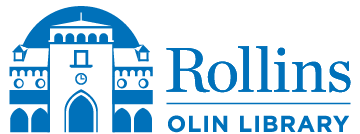Date of Award
2012
Thesis Type
Open Access
Degree Name
Master of Liberal Studies
Advisor(s)
Dr. Joseph Siry
Second Advisor
Dr. Creston Davis
Abstract
No longer can nature simply be defined as ‘essences unchanged by man’ as Ralph Waldo Emerson once claimed. Technology, the result of applied science, has produced accomplishments that have made the quality of human life better in terms of health care and transportation. These advancements, however, have come at a great ecological cost as is evident everywhere in nature today. Humans need to acquire Ecological Literacy, the knowledge to lead a sustainable life. This entails meeting current needs without preventing future generations and species from doing the same. Since the days of the Industrial Revolution, the health of our planet has been in a decline because of man’s urge to dominate. Overuse of fossil fuels and industrial farming to feed the nihilistic human race has proven toxic to Gaia. Global warming is a direct result of this irresponsibility and these effects have become visible at a sobering rate. According to the Population Reference Bureau, the number of human beings now living in an urban setting is equal to those in rural areas; a shocking fact considering that only three percent of the world’s population lived in urban areas in 1800. Planetary health is a moral imperative for Homo sapiens as the seven billion residents of Earth continue to multiply. We are in dire need of change to become what David Orr calls a ‘planet-broken’ race. Effective change can only be made through both community and academic education and the acquisition of Ecological Literacy. This study looks at the literary, scientific, ethical, and educational aspects that are necessary to evolve sustainably into this century. Through the use of survey data, literature, hands-on educational activities, and scholarly sources this study examines the process of changing each human beings’ worldview to include a zero impact lifestyle.
Recommended Citation
Bobeck-Thoresen, Eileen, "Ecological Literacy: Global Planetary Stewardship is Everyone’s Responsibility" (2012). Master of Liberal Studies Theses. 26.
https://scholarship.rollins.edu/mls/26

